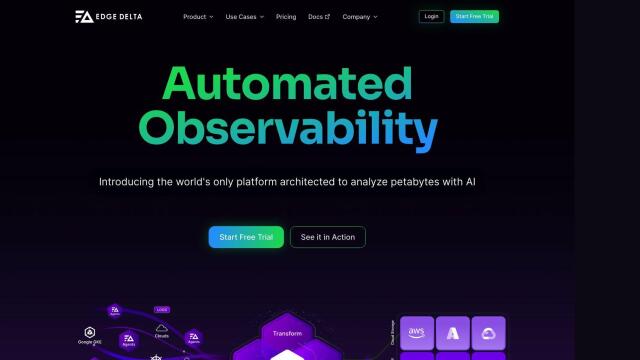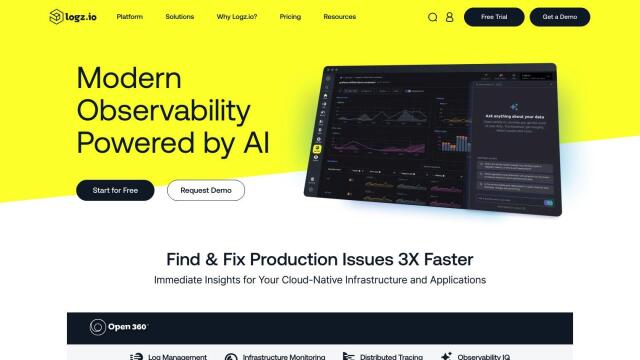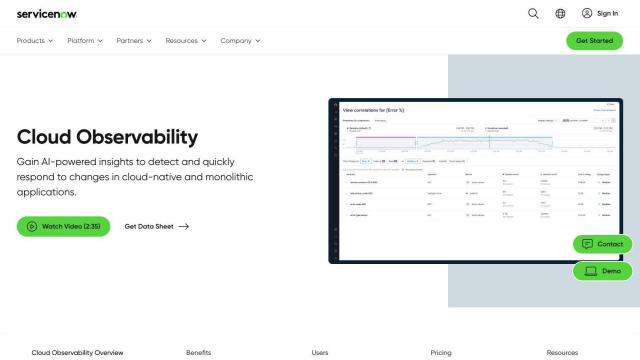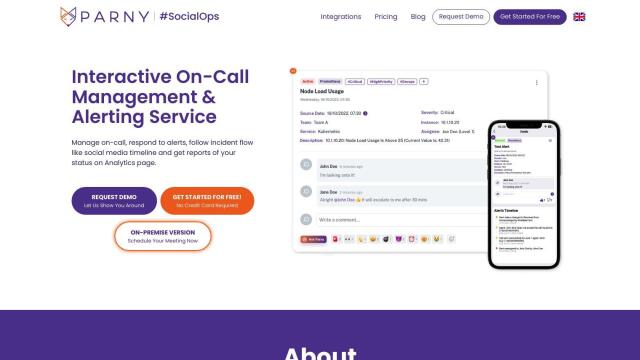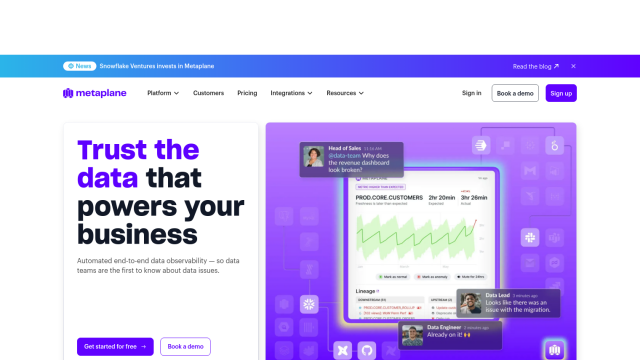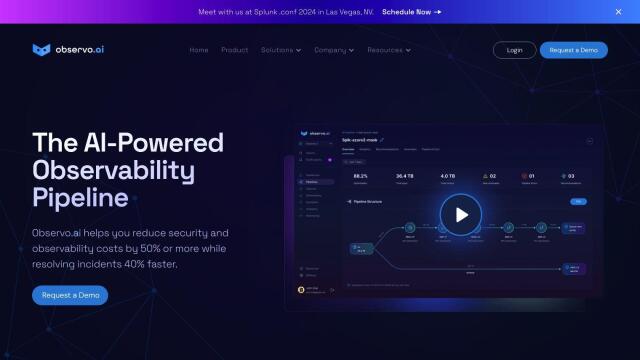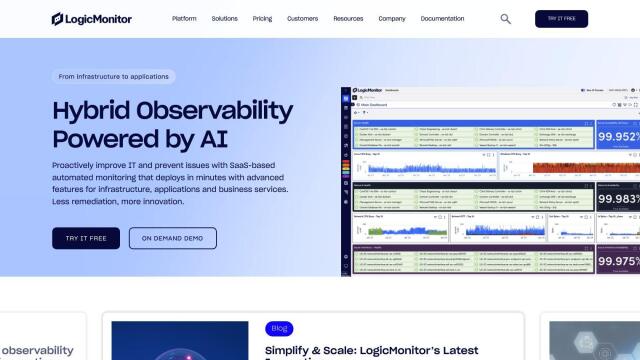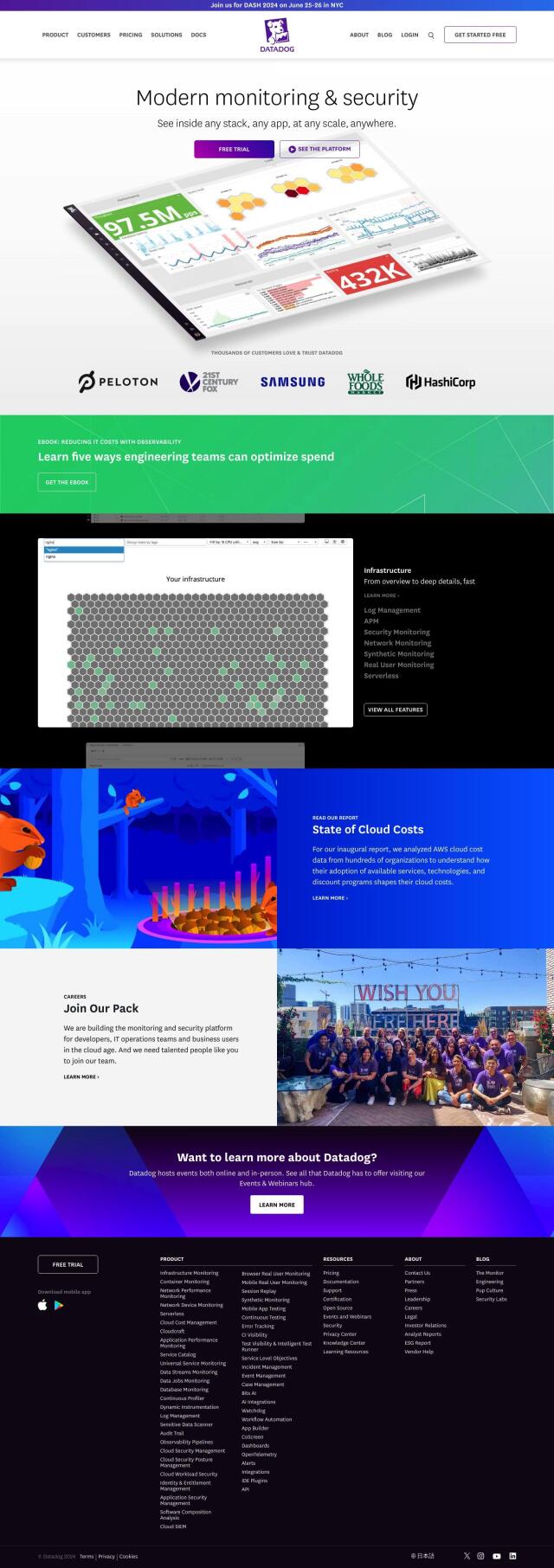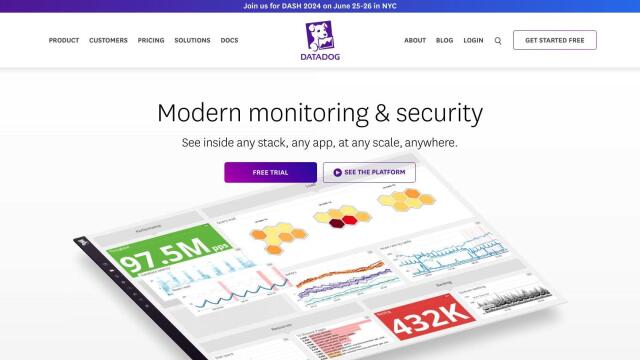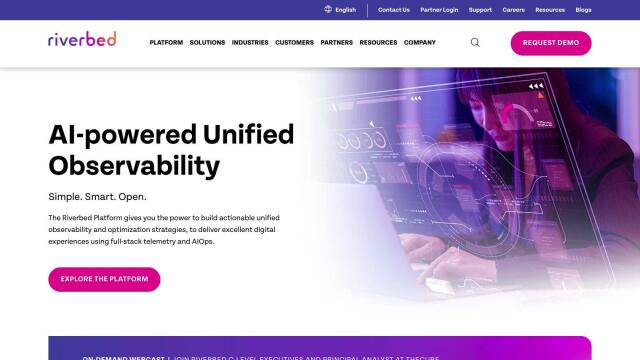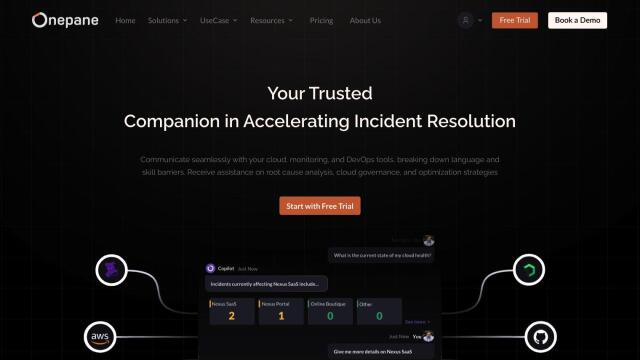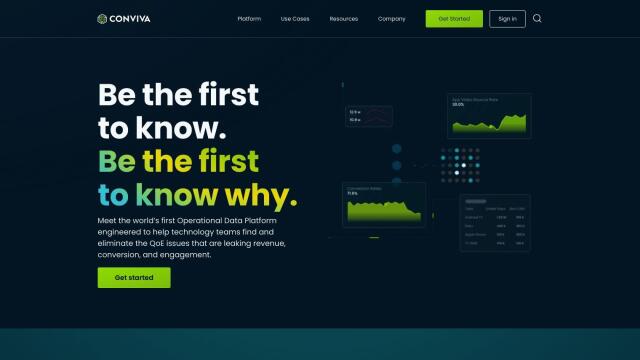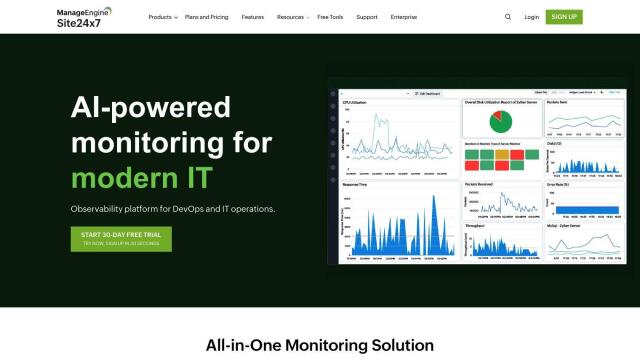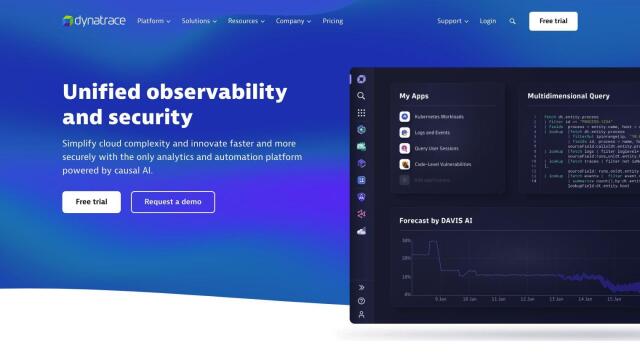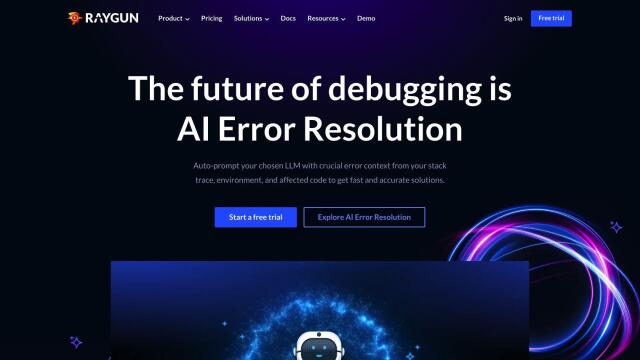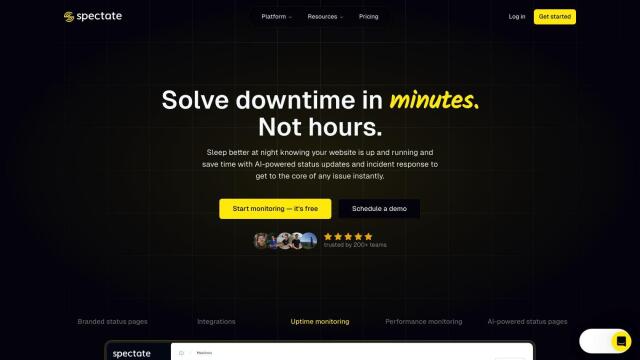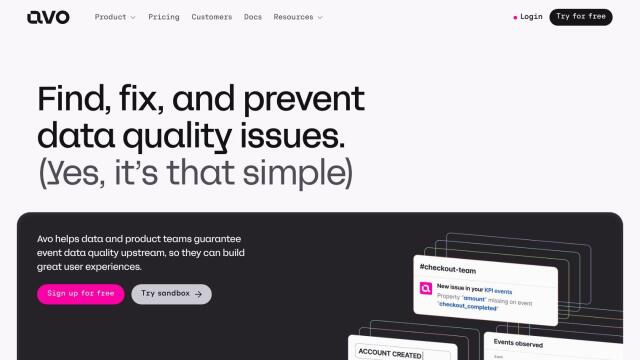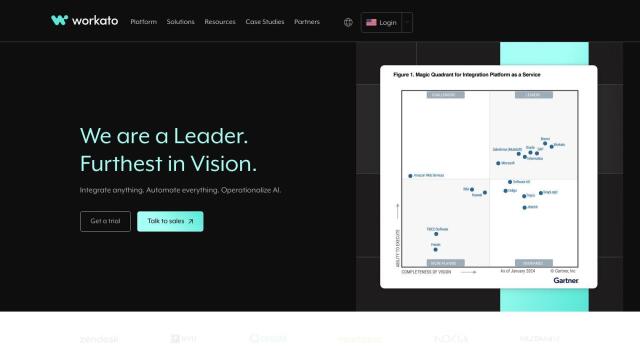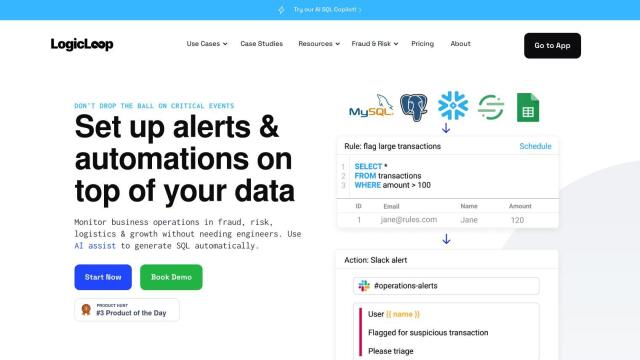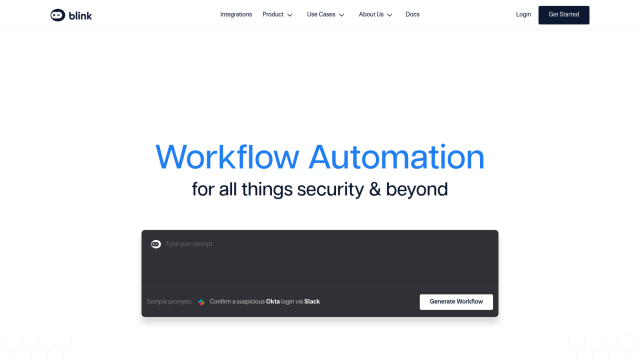Question: Can you recommend a tool that helps reduce alert fatigue and noise from multiple monitoring systems?
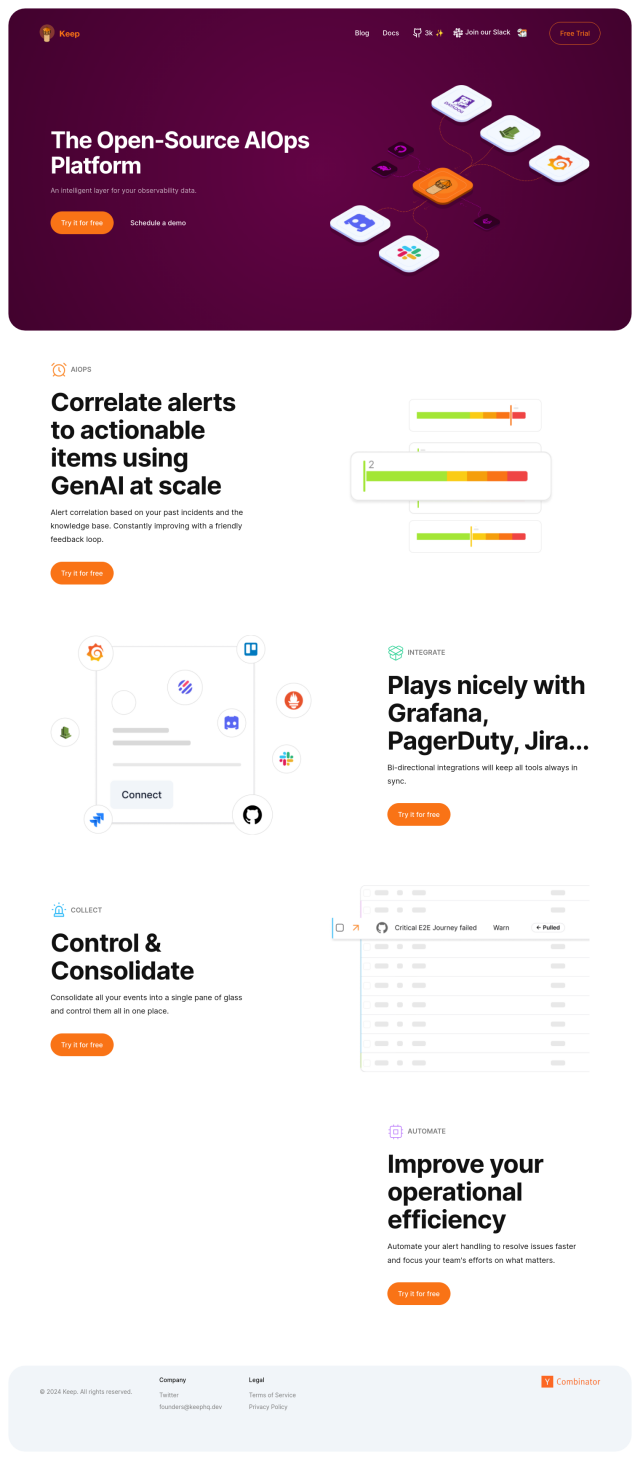
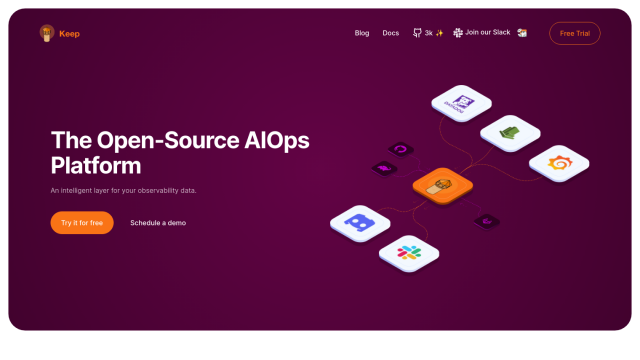
Keep
If you're looking for a tool to cut alert noise and fatigue from multiple monitoring tools, Keep is worth a serious look. This open-source AIOps platform de-duplicates and correlates alerts so you can quickly spot and fix problems with your operations. It's got sophisticated algorithms for noise reduction, integration with monitoring tools like Grafana and PagerDuty, and a rule engine for custom alert correlation. It also offers a single view of all activity and automated alert workflows so you can better manage multiple monitoring tools.

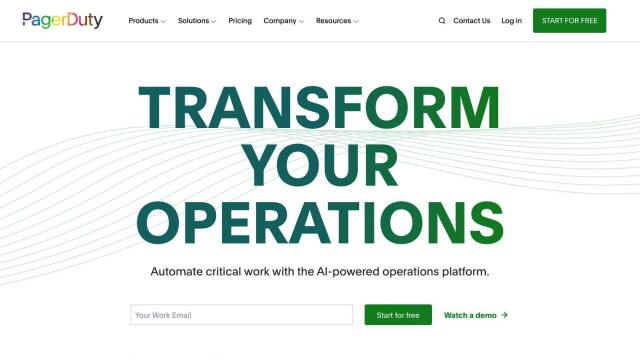
PagerDuty
Another good option is PagerDuty. This real-time operations platform offers incident management, AIOps for noise reduction and automation for important work. With more than 700 integrations and a lot of other features like runbook automation and stakeholder communications, PagerDuty can help you streamline operations and speed up incident response. It also offers a 14-day free trial so you can try it out.

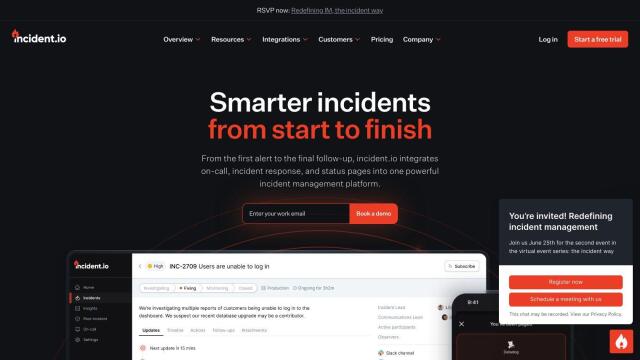
Incident.io
If you want an all-in-one incident management tool, Incident.io offers a unified platform for on-call, incident response and status pages. The tool aggregates alert sources and offers features like AI-powered insights, automated workflows and Slack integration to reduce manual effort and improve post-incident analysis. It also offers flexible pricing plans for teams of different sizes and needs.

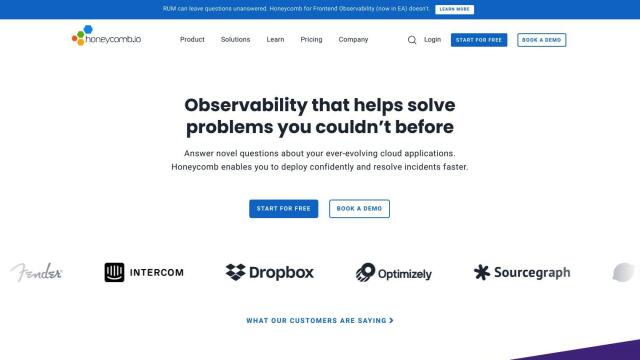
Honeycomb
Last, Honeycomb is an observability platform that lets teams quickly pinpoint the source of problems in distributed services. It combines logs and metrics into a single workflow, offers smart data sampling to cut costs, and has debuggable SLOs. Honeycomb's Slack integration and support for OpenTelemetry means it's a good tool for real-time incident response and monitoring.

